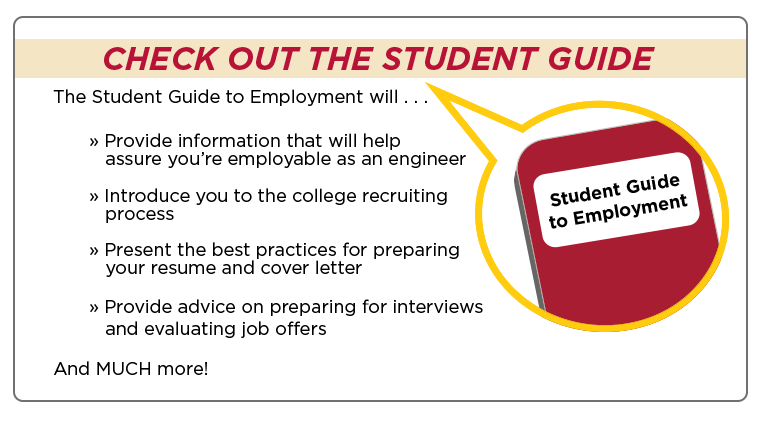For most individuals, securing a good job is the desired outcome of spending years in a graduate program. The process for securing employment can be very similar for graduate students and undergraduate students (especially at the master’s degree level), but there are a couple of important differences. One of the main differences is that graduate school provides some level of specialization, so professional networking takes on added importance in matching job seekers with specialized skills and interests to employers with specialized needs. All of the advice offered in the student guide to employment is relevant to both undergraduate and graduate students, so that information should be reviewed in addition to this information. The focus here will be on a few special considerations that apply to graduate students.

Consider Employment Prospects when Choosing an Area of Specialization
Graduate school often involves some level of specialization, especially when a dissertation is involved. Your goal should be to develop expertise in a particular area, and also to expand your transferable skillset and your general knowledge. Ideally, you should strive to become both a specialist and a generalist. Whether you are on an academia track or preparing for industrial work, your employer will value your ability to solve a breadth of technical problems and collaborate with others outside your area of expertise.
When a dissertation is required, you should select a topic that is relevant and interests you. The topic must be relevant so that it will interest potential employers. The topic should interest you because it may become your career focus for many years. Choose a research topic that you are legitimately interested in becoming “expert” in, but that also falls into a wider area of research or teaching that aligns with common job categories in your discipline. Generally, you should attempt to identify research that has expanding, multidimensional growth in furthering science or in the creation of new technologies or processes.
